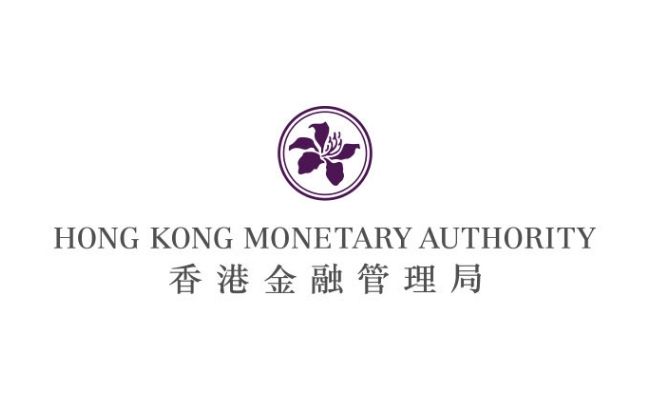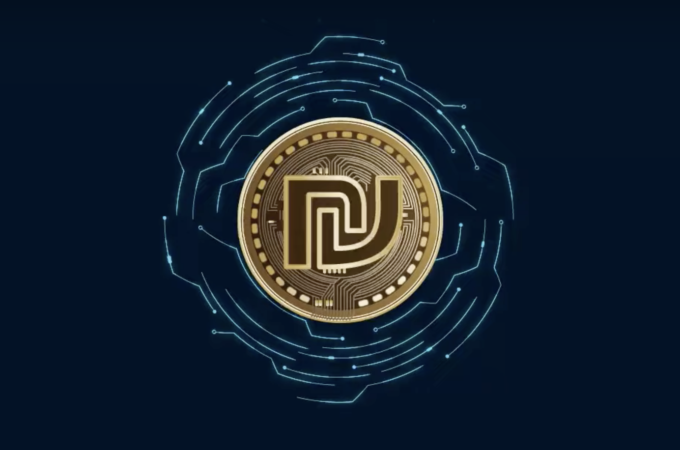
Hong Kong Continues Exploration with Phase 2 of e-HKD Pilot Program
The Hong Kong Monetary Authority (HKMA) has embarked on the next phase of its e-HKD Pilot Programme, marking a significant step in the exploration of central bank digital currencies (CBDCs) within the region. With Phase 1 successfully completed in October 2023, Phase 2 aims to delve deeper into the potential applications of a digital Hong Kong dollar (e-HKD) and explore new use cases.
Building upon the insights gained from Phase 1, the HKMA intends to focus on key areas where the e-HKD could offer unique advantages, including programmability, tokenization, and atomic settlement. Additionally, this phase will examine novel use cases that have not been previously explored. Interested organizations have until May 17, 2024, to submit their applications for participation in the pilot program.
One of the significant developments supporting Phase 2 is the introduction of an enhanced e-HKD sandbox, leveraging the wholesale central bank digital currency (wCBDC) sandbox established under Project Ensemble. This sandbox will facilitate the rapid prototyping, development, and testing of use cases by pilot participants. Furthermore, it will aid in studying interoperability and interbank settlement between e-HKD and other forms of tokenized money, such as stablecoins.
The HKMA’s commitment to researching CBDCs underscores its dedication to fostering innovation in the financial sector. Since 2017, the HKMA has been actively exploring the potential applications of CBDCs, with a particular focus on enhancing Hong Kong’s readiness to issue CBDCs at both wholesale and retail levels.
The e-HKD Pilot Programme has attracted participation from various industry stakeholders, including major financial institutions, payment firms, and consulting groups. In the first phase, organizations like Alipay, Bank of China, HSBC, Hang Seng Bank, Mastercard, Visa, and others collaborated to explore domestic retail use cases for programmable payments, settlement of tokenized assets, and offline payments.
The second phase of the e-HKD pilot is anticipated to last until mid-2025, providing participants with ample time to test and evaluate the proposed use cases thoroughly. The HKMA’s rigorous evaluation process will consider factors such as innovation, impact on consumer experience, compliance with regulations, and readiness for market testing when assessing applications.
In addition to the e-HKD Pilot Programme, Hong Kong has been actively engaged in various digital currency initiatives, reflecting its commitment to embracing financial innovation. These initiatives include Project Sela with the Bank of Israel, participation in cross-border CBDC projects like mBridge, and collaboration with China on the digital yuan.





